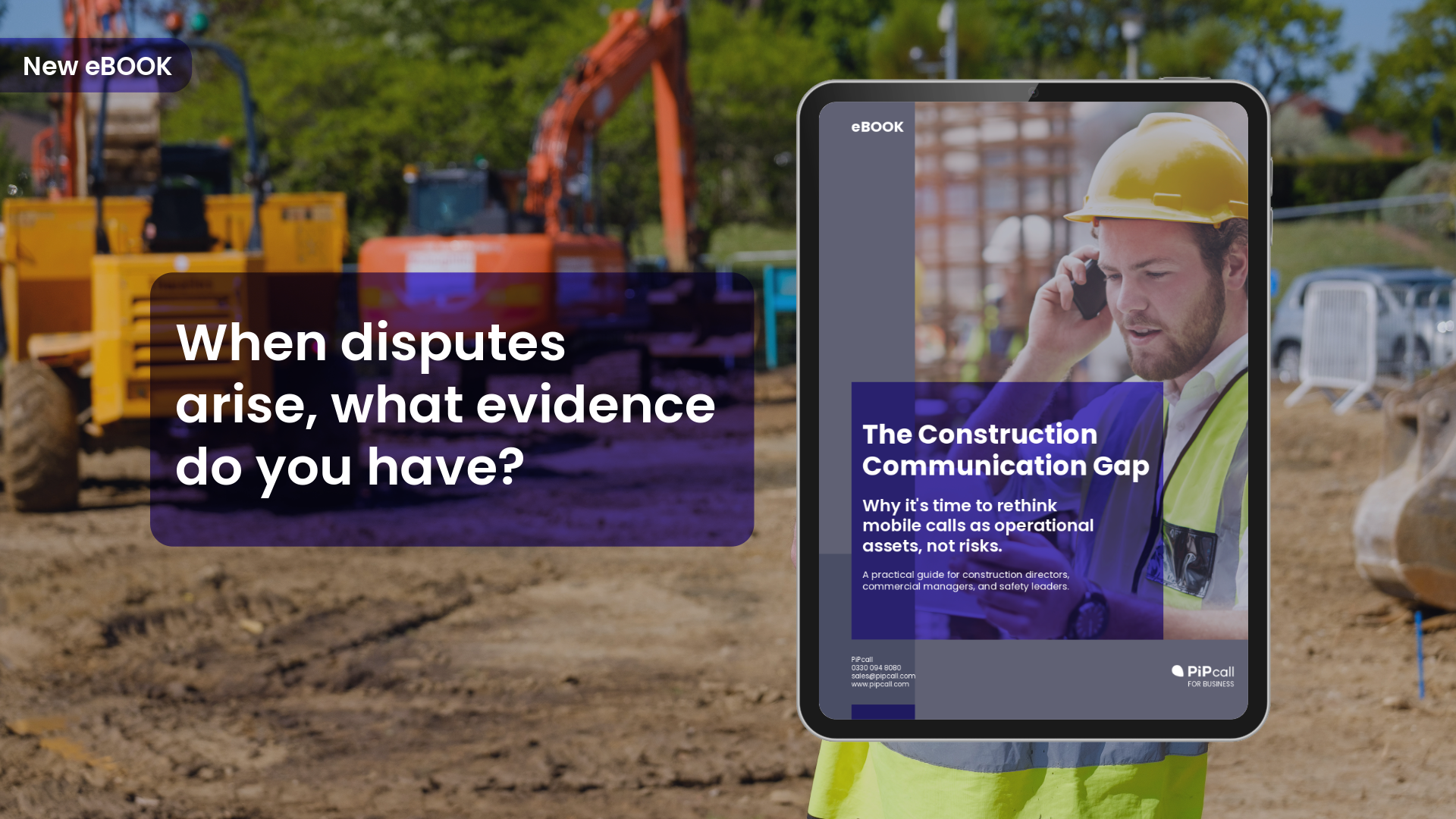What is BYOD and How Can it Benefit Businesses?
Bring Your Own Device, or BYOD, is a trend that has been growing in popularity over the years. BYOD allows employees to use their personal mobile devices such as smartphones and tablets for work purposes. This trend has been embraced by businesses as it provides a range of benefits including increased business mobility and cost savings. With BYOD, employees can work from anywhere at any time, and the company can save money by not having to provide all employees with company-owned devices. However, BYOD also comes with some challenges, including mobile security and enterprise mobility management. In this comprehensive guide, we will explore the benefits of BYOD, how to implement a secure BYOD policy, and the essential considerations when choosing business mobility solutions.
The Benefits of Implementing a BYOD Program in Your Company
BYOD offers a range of advantages for businesses. One of the most significant benefits of BYOD is increased mobile productivity. Employees can use their own devices to work from anywhere at any time, which makes it easier for them to complete their work even when they are away from the office. With BYOD in the workplace, businesses can also save money on hardware costs, as employees are using their own devices. Additionally, BYOD offers cost savings for software licensing, maintenance, and support costs.
How to Implement a Secure BYOD Policy in Your Office
Implementing a secure BYOD policy is essential to ensure that sensitive business data is protected. Secure BYOD policy guidelines should be put in place to establish the standards and best practices that employees must follow. These guidelines should include mobile security solutions such as anti-virus software and data privacy safeguards. Mobile device management policies should also be established to ensure that all employee devices are secure and regularly updated. Businesses must also conduct regular security audits to ensure that their BYOD program is secure and that any vulnerabilities are addressed.
Essential Considerations When Choosing Your Business Mobility Solutions
When considering BYOD for mobile phones, choosing the best enterprise mobility management software solutions is essential to ensure that your BYOD program is secure and efficient. Cloud-based mobile device management solutions are becoming increasingly popular, as they offer better scalability and flexibility. These solutions should be able to manage a variety of devices, including smartphones, tablets, and laptops. Other essential considerations include device encryption, secure file sharing, and remote wipe capabilities.
Tips for Securing Employee Devices & Protecting Sensitive Data in a BYOD Environment
Securing employee devices is critical to protecting sensitive business data in a BYOD environment. Employers should establish mobile security best practices for employees to follow, including using strong passwords and regularly updating their devices. Employers should also implement mobile device management policies, which include regular device audits and employee training. Regular data backups and disaster recovery plans should also be established to ensure that business operations can continue in the event of a data breach or loss of data.
BYOD is changing the way we work, and it offers significant benefits for businesses. However, it also comes with challenges, including mobile security and enterprise mobility management. To ensure a successful BYOD program, businesses must establish secure BYOD policy guidelines, choose the best enterprise mobility management software solutions, and provide employees with mobile security best practices. With proper implementation and management, BYOD can be an effective solution to improve business productivity and reduce costs.
That's where PiPcall comes in. With PiPcall's BYOD mobile solution, businesses can enjoy the best of both worlds. Our solution integrates seamlessly with your employees' personal mobile phones, providing a single platform for managing work calls and for providing data paid for by the business. This means that employees can use their own devices to make and receive work calls and using data for work related activities, while keeping their personal lives separate.






.png)
